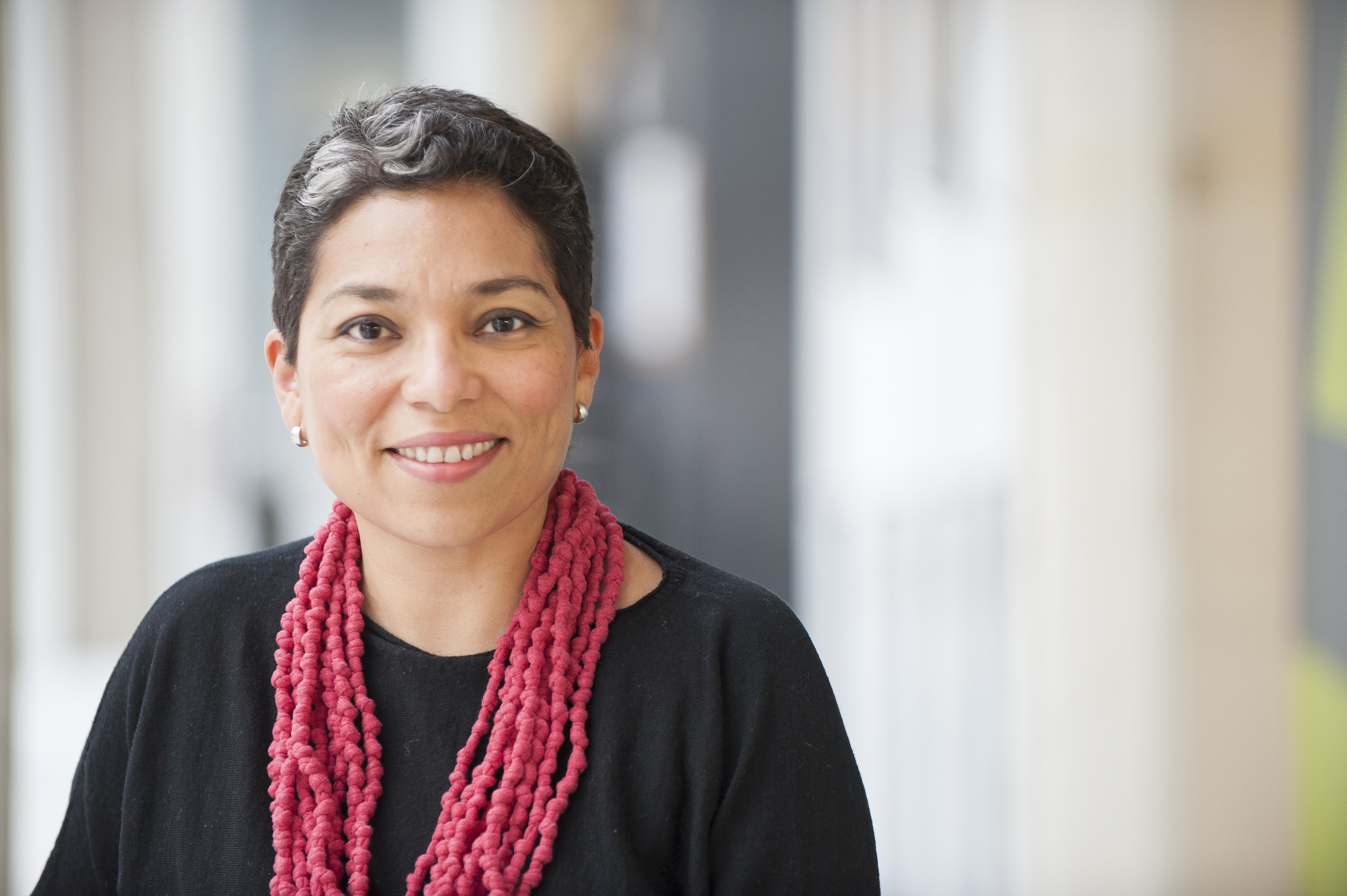
By Claudia Castro Luna, Washington State Poet Laureate 2018-2020
Photo by Timothy Aguero Photography
Since more news has surfaced about the alarming conditions that separated children have been enduring in border patrol processing centers, I find myself inadvertently reliving my own history facing the prospect of being torn from my parents.
The last three years my family lived in El Salvador as war engulfed us, the thing I feared most was that one, or both, my parents would be disappeared or gunned down. They were both teachers, and teachers were systematically targeted and killed by the government. My parents lost good friends and teaching colleagues because of their profession. My cousin Luis, just starting out as a teacher, was ambushed and killed by local police. My hands peeled away and soft lines split open into canyons that trembled, bled and recoiled at the slightest touch of warm water, a visible, physical, rejoinder to the terror I felt inside.
The day I arrived in the United States. My father, mother, sister and I sat in a small nondescript room in Miami Airport where an Immigration and Naturalization Service officer scrutinized our passports and travel documents. We had paperwork from the US Embassy in El Salvador granting us legal entry into the U.S. After fingerprinting my parents the officer in charge motioned for me to step up to the table with the inkpads and stacks of documents. As the officer took one, two, three, four prints of each of my fingers he became visibly frustrated. My inked fingertips rendered amorphous craters unfit for paperwork instead of fine topographic maps of my identity.
Decades went by before I understood that the peeling and cracking are my body’s way of manifesting stress and fear. In El Salvador I was terrified of losing my parents, of being left alone with my younger sister. The war was upon us; there was no space to process my terror so I shuffled grim scenarios as to what my sister and I would do if this ever happened. How would we survive? Which of our relatives would be willing to take us? Would we stay together? Would we be split apart?
These days I cannot read stories of the children at the border in one sitting. My throat pinches close and I can’t breathe as my body floods with fear. To the body trauma is trauma. I don’t have to see pictures of the children in detention centers or finish articles to imagine what they are feeling or to feel again my own despair. My hands are once again a painful mess.
If the trauma I suffered imagining my parent’s demise affects me to this day, what type of tragic scorching is happening on these children’s bodies as they are actually living that very nightmare? Worse still, they have no relatives, no close neighbors to feel they have a safety net or a sense of belonging. In those centers they belong nowhere and to no one.
Some might argue that those are other people’s children, citizens of other countries and therefore someone else’s problem, but they were separated from their parents by the U.S. government, are being held on U.S. soil and seven of them have died under U.S. custody. How is it possible that the United States has fallen so far from its moral standing to treat children and babies with such violence? Even though this practice was supposed to have stopped, it keeps happening — thousands of children remain separated from their loved ones. This policy is cruel and inhumane now, and will remain so for decades to come because the trauma these children are enduring will be inscribed in their bodies for the rest of their lives.
Japanese Americans interned during World War II and their descendants know this and have staked their voices at the U.S./Mexico border demanding that the separation of these children from their parents stop. History teaches us, but do we learn? Desmond Tutu’s words come to mind, “If you are neutral in situations of injustice, you have chosen the side of the oppressor.” And Margaret Mead’s, “Never believe that a few caring people can’t change the world. For, indeed, that’s all who ever have.”
Claudia Castro Luna is Washington State’s Poet Laureate and recent recipient of an Academy of American Poets Laureate Fellowship. She is working on a memoir of her experience escaping the Salvadoran civil war.
Read a related article by Claudia Castro Luna: To the Central American Children Seeking Asylum, published in Yes! Magazine, December 3, 2018.
The Washington State Poet Laureate program is jointly sponsored by ArtsWA and Humanities Washington.

